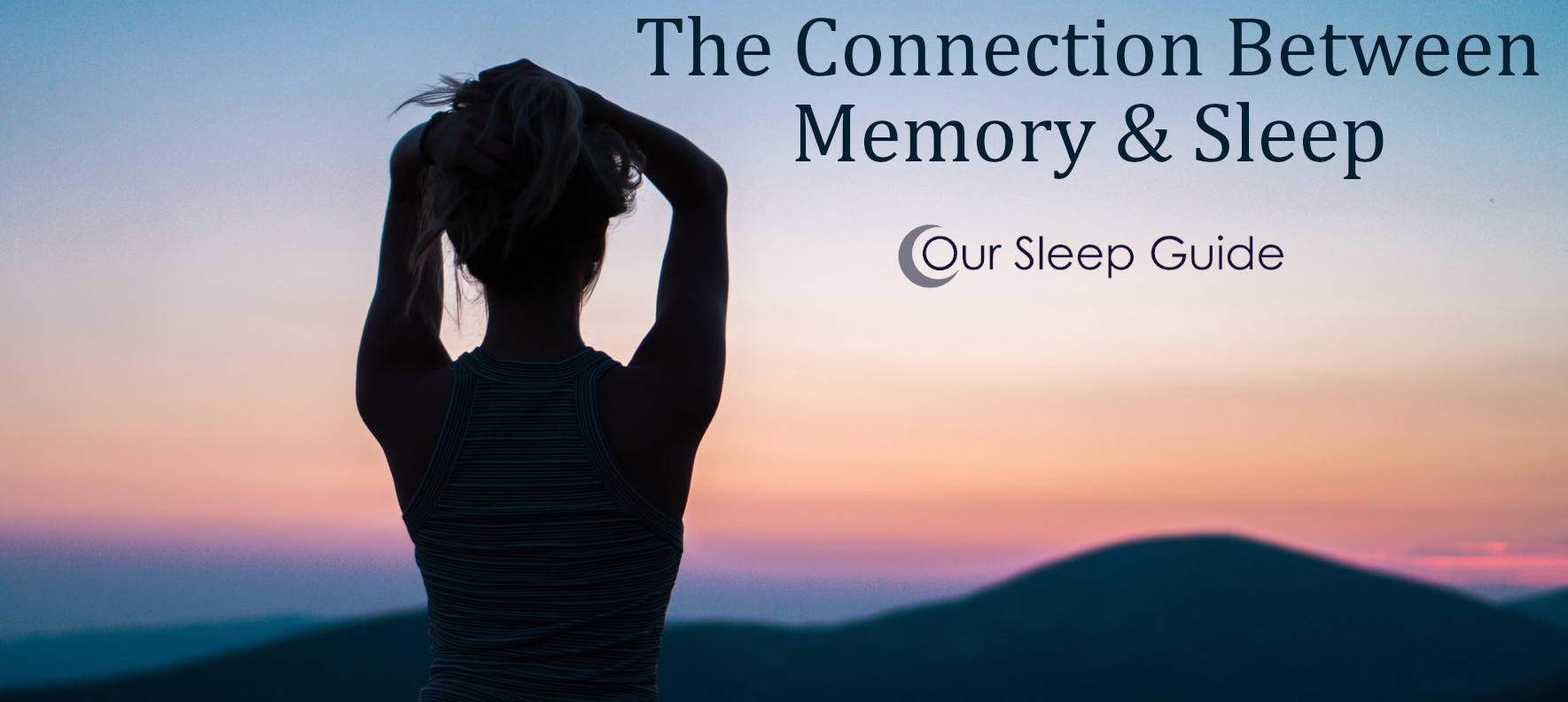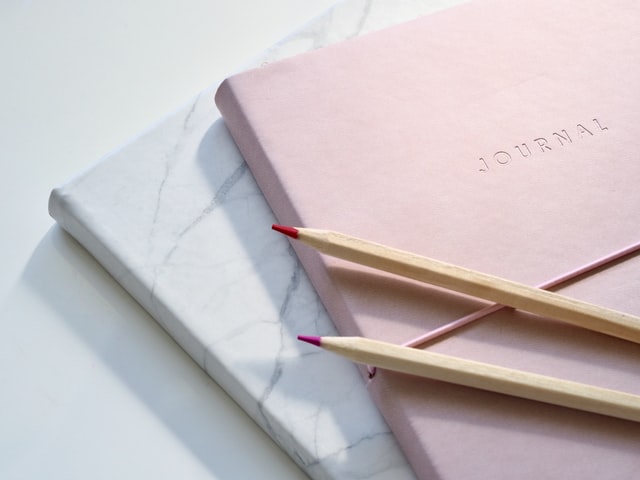Visit or Call Our Sleep Guide Texas Showrooms
Our Texas Showrooms Are Here To Help With All Your Favorite Online Brands! And We Offer Exclusive Coupons To Save More!
Learn MorePlease note, we are proudly supported by our readers. The product links are referral based and if you purchase an item we make a small commission. For more information please see our disclosure page.
One of our most useful tools as human beings, is a great night’s sleep. It enhances our physical and mental performance unlike anything else. It is easy to notice our ability to focus and learn is stunted when we haven’t had enough sleep the night before. It makes your mind feel foggy and difficult to clearly focus on anything.
However, there is another side effect that is less difficult to detect, but just as important. Lack of sleep negatively impacts your memory. In order for new information to be stored properly, you have to have a good night’s sleep. Keep reading to learn more about the tie between Memory & Sleep.

Like many things in life, sleep goes hand in hand with so much, including your memory. Plenty of good sleep equates to a healthy mind and body, which in turn makes everything function more efficiently and optimally. Below are the exact ways sleep correlates with your memory to help you understand the importance of sleep on a new level.

Which is why a full night of quality sleep is so vital in order to remember things. When you don’t get a quality full night of rest, you are missing out on that all important REM sleep. Which means your brain is unable to take in that new information and put it into your long term memory.

When you are sleep deprived it can be difficult to focus and listen. This can make it very difficult to sit in a class or meeting and retain new information. When you are well rested, it is much easier to remain focused and learn new information.
When you are deprived of sleep, your ability to recall information is stunted. With long term sleep deprivation. The lack of REM sleep can prevent information from ever even reaching long term memory. Sleep deprivation can have a number of negative affects on cognitive functions. This include potential memory loss.
Using sleep to your advantage can be easy. Literally ensuring that you get the proper and best rest does wonders for your mind and that means that your memory and ability to store knowledge increases for short term and long term benefits. Below are how you can use sleep to improve your memory.

Which means some information will be lost and no longer stored. If you are doing a lot of studying before a test, it is better to absorb that information over time and get to sleep each night than to try and stay up all night and cram for a test. While you may be able to save that information in your short term memory long enough for the exam, it is less likely to be retained long term.
Is your sleep schedule all over the place? Then you should check out our post: How To Fix Your Sleep Schedule

Studies have shown that after you learn something new, something fascinating happens as you sleep. The same pathways your brain goes through as you are learning and practicing the new thing, your brain goes over those new pathways over and over at super speed. It will even focus in on trouble areas and smooth out those spots.
What does this mean? Well, it means that you are continuing to practice and learn as you sleep. Leading to a famous quote by Dr. Matthew Walker, “Practice does not make perfect. It is practice, followed by a night of sleep, that leads to perfection.”

This is specifically helpful for those who have been up studying all night cramming for a test. Your brain is tired from staying up and studying all night. So before you head in for your test take a short power nap. This will give your brain some juice to run on. Be sure to give yourself a good 10 – 15 minutes to wake up before your exam.
Have a hard time staying awake during class? Check out our post: How To Stay Awake In Class

Even those who wake up and can recall every detail of their dreams as if it was a part of real life, tend to forget these dreams entirely just a few hours later. Which brings us to ask the question, why can’t we remember our dreams?
Most of the time if a dream comes to a resolution before we wake up, we do not remember it at all. Our ability to recall a dream right as we wake up typically depends on what part of the sleep cycle we are in as we wake up. Whether it was during the middle of the REM cycle, or in a lighter phase of sleep.
Some believe it is because of how our thoughts are stored into long-term memory as we sleep. While others believe it is simply due to a lack of contextual importance within our lives and therefore the brain simply deems it useless information and dumps the information. However, there are some techniques that can help you to remember your dreams if that is something you want to do.
If you are interested in remembering your dreams we have a few ideas that can help. With a few easy adjustments and tips you can make sure that your dreams aren’t forgotten.

Then revisit your dream journal daily. As you revisit information, your brain strengthens the pathways to accessing that memory. The same is true when it comes to other memories, the more often you visit them in your mind, the easier it is to recall later.
Looking to control your dreams? Check out our post: A Guide To Lucid Dreaming

Which allows for you to begin to control and focus on your internal thoughts that you are creating, instead of merely digesting new information. This will make it easier for you to access your thoughts and dreams later. Especially if you do not wake up immediately overwhelmed with thoughts about the upcoming day.
Get our tips on how to create a relaxing nightly routine in our post: Stress Free Nightly Routine

Or how a pencil sounds when writing on an piece of paper. Even these small things that get your imagination working can trigger dreams. If you have trouble doing this, find different podcasts or guided meditations that help give you something to focus on. Nothing Much Happens is a great podcast for this kind of sensory dreaming.
For more podcast recommendations for better sleep, check out our post: Top Podcasts For Better Sleep

Another aspect to healthy sleeping habits is to ensure you are getting enough sleep each night. If you are skimping on your sleep, you could be missing out or shortening your REM cycle. Your REM sleep is when the majority of dreaming occurs. If you are never reaching a REM cycle, not only could this be dangerous for your health, it could also limit the amount of dreams you have.
Learn more about why we need sleep in our post: The Importance of Sleep & Why Do We Sleep?

As you turn this into a habit, your brain will begin to associate this dream anchor item with recalling your dreams. Meaning you will soon no longer need to consciously make a choice to try and recall your dreams as you look at it. Instead your brain will turn this into an unconscious habit.
Learn more about dreams and their meanings in our post: Dream Meanings & Interpretations
The tie between memory and sleep is so closely intertwined. In order to retain new information, you have to have had a great night’s rest. Meanwhile, you need more sleep in order to then put that new information into your long term memory. Without great sleep, your ability to remember things will suffer.
When you are tired, this also makes it more difficult to recall information you have stored in your memory. Of course, all of this has a profound affect on your ability to learn and grow. Students of the world, be sure you have a healthy sleep schedule in order to have a healthy memory.

Have a question for us? Head over to our Contact Us page and send us a message. We would love to help out in any way we can.
Our Texas Showrooms Are Here To Help With All Your Favorite Online Brands! And We Offer Exclusive Coupons To Save More!
Learn More